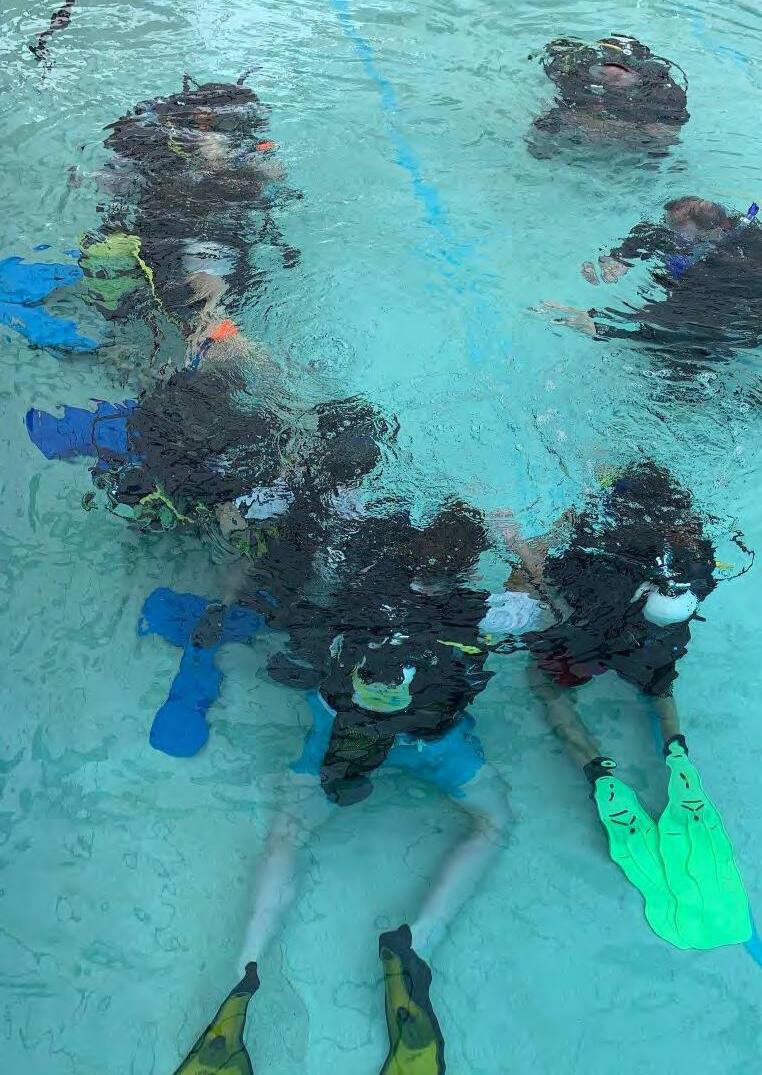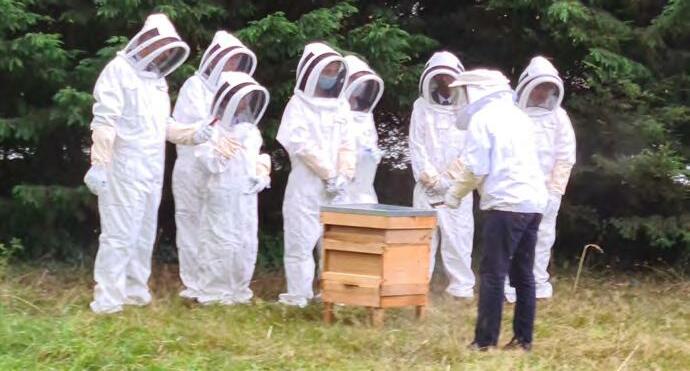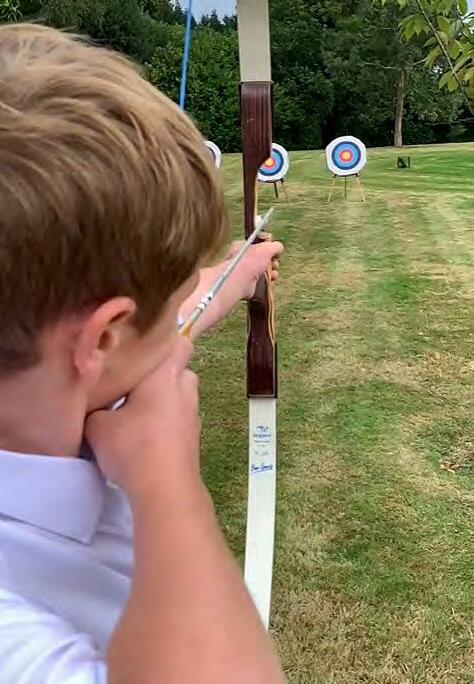
3 minute read
FloUriShinG in the Co-CUrriCUlUm
It is a rare school that does not at least make passing reference somewhere in its mission statement to educating the whole child. Never more has this uniquely independent school raison d’êtrebeen more important than in the mid-pandemic landscape. Academic achievement matters, but parents know intuitively that happy, confident, and articulate young people will only emerge from our schools through having taken part in a rich and varied co-curriculum.
The Floreat Activities programme at Farringtons School in Chislehurst, Greater London, seeks to offer a hugely diverse menu of creative, sporting, more traditionally academic and wellbeing-focussed pursuits. Farringtons packages this offering for all students in Years 7-12 within the existing timetable structure of a busy London day and boarding school, ensuring a tangible sense of equal importance being placed upon the cocurriculum. From Beekeeping to Mindfulness, Scuba Diving to Public Speaking, our aim was to create stretch and challenge for all by ensuring students are exposed to a wealth of opportunities they might not normally get outside of the school gates.
Floreat, translating as “let flourish”, came about following an extensive curriculum review amid the 2020-21 COVID confusion. A new timetable structure became the catalyst for deepening the school’s provision in the co-curriculum. Undertaking a forensic analysis of the school’s core academic curriculum afforded the opportunity to examine closely the net time afforded

to each subject and to eventually build greater choice of subjects into the year Nine timetable, a year in which many students have in some senses already tentatively pencilled in their GCSE flightpath. This key change meant that, no substantial curriculum time was lost by any subject area across the school, allowing Farringtons the scope to reimagine what the co-curriculum might look like.
“This was not solely about consolidating our already impressive offering of clubs, societies, sport and creative arts and wrapping them up within the timetable” Headteacher David Jackson asserts. “This was a chance to be bold and ambitious and to give students something completely new as part of the school day.” The gamble has paid off in terms of student buy-in and parental satisfaction. In a situation mirrored across the country, many parents report that the challenges they continue to face in the context of the pandemic has led to reduction in the available time for them to enrich their child’s interests beyond school. They know that their children, now more than ever, need to be engaged in pursuits that broaden horizons, enrich souls (and let off steam!)
years Seven and Eight spend two periods of 55 minutes, on Friday afternoons immersed in their Floreat Carousel. Incorporating through half termly rotations the chance to try activities as diverse as the STEM Crest Award, First Aid, Music Technology, Podcasting and Archery lessons, Floreat Coordinator, Ruth Azulay, elaborates further: “We were all too aware of the isolating effects of the pandemic. Like lots of young people up and down the country, what our students really missed was daily school life and the chance to be able to try new things. Floreat has so quickly become part of the language and fabric of the school. Students understand its value and look forward to their chosen weekly slots”.
Tellingly, as part of this year’s extensive round of interviews for year Seven places for next academic year, prospective parents frequently cite their interest in what Floreat might do for their children in the years to come. The Farringtons Floreat programme offers a very real sense of choice and of independence to students, a chance to make mistakes and to learn from them in an environment which allows them to grow. At a time when, for many, the school environment can feel more high stakes than ever, a good cocurriculum is more than just a list of clubs and societies. A good cocurriculum is about developing the key skills of teamwork and leadership that will serve them well both at university and in the workplace. It is about building a culture in which students can acknowledge those vital and inevitable mistakes that are made along the way in finding out who they are, and something they see, alongside their academic studies, as being very much part of the learning journey.










